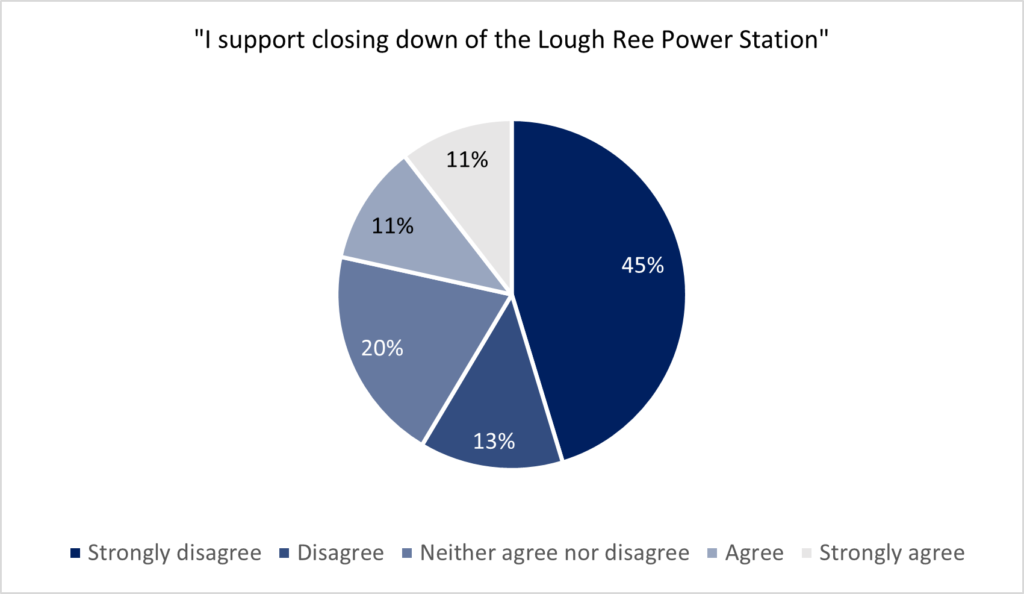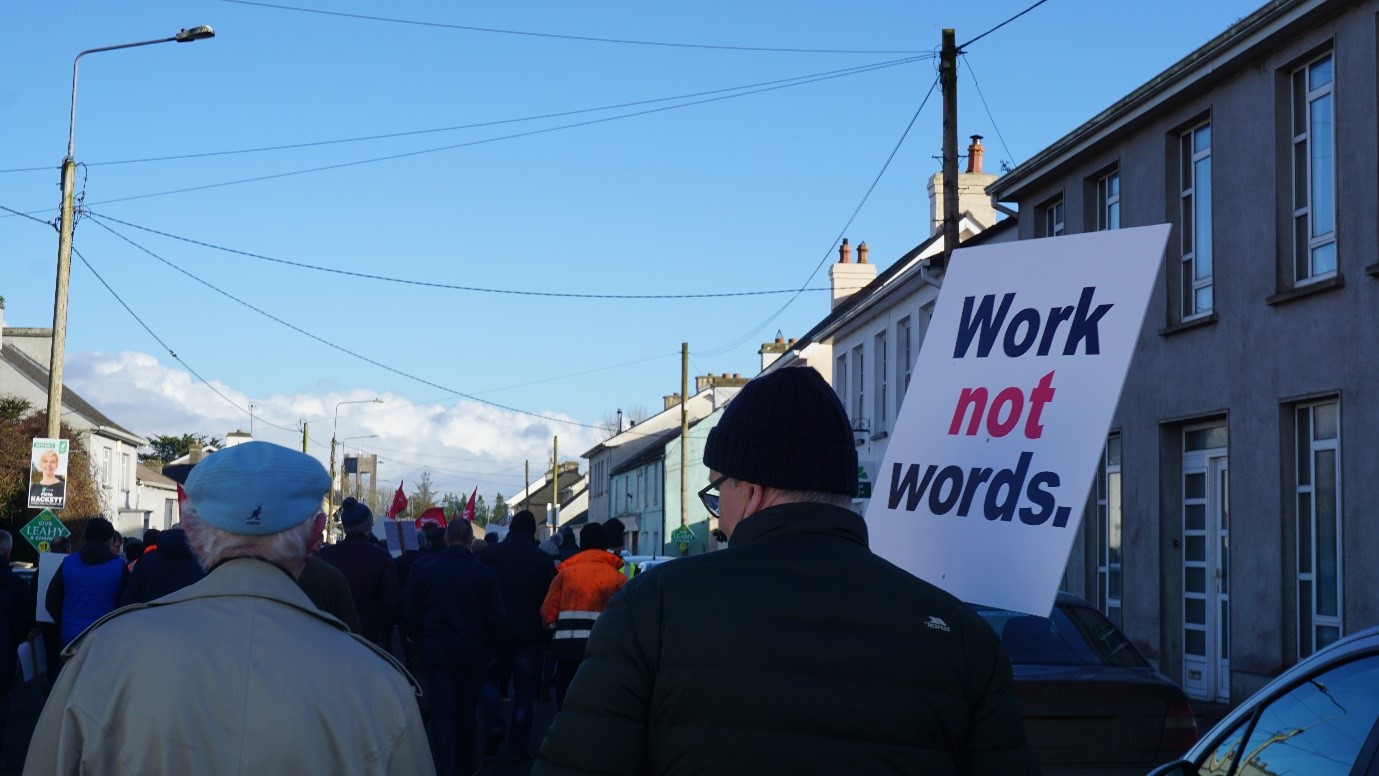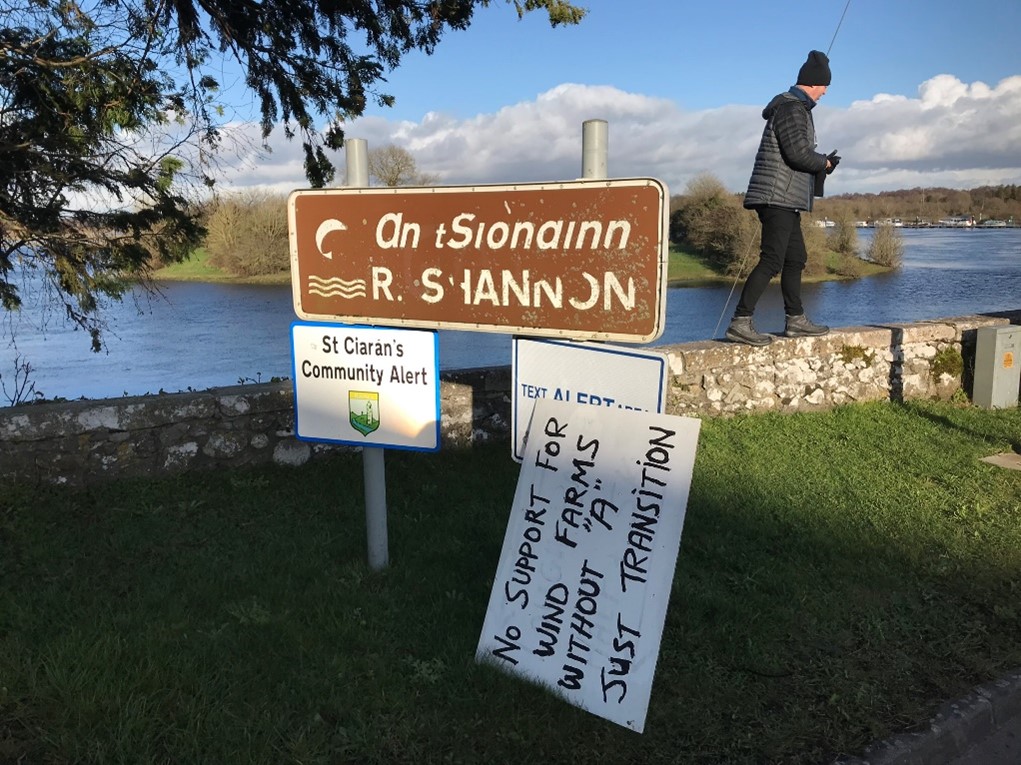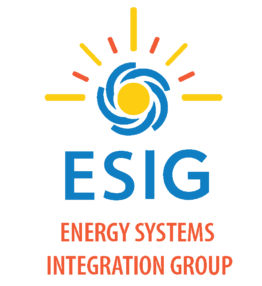The energy transition has impacts on communities as well as on power systems.
This blog reflects a community impact view, illustrated with the ongoing transition in Ireland.

Photo credit: Jack Brennon
Energy transition implies many changes: fewer fossil fuels, more renewable energy, infrastructural changes for energy production, transmission, and storage. All these changes impact our society and have real implications for people, communities, and organizations. This benefits many, for example, in the form of having a reliable energy supply, new business opportunities from new energy projects, or improved wellbeing. However, as with all changes that involve winners, there are also losers. Reducing fossil fuel used in energy production through phasing out subsidies, divestments, moratoria, bans, and litigations can affect the lives of people who have worked, lived, and raised their families depending on fossil fuel ancillary enterprises. This results in loss of jobs and livelihoods, changes in working conditions, skill obsolescence, and a diminished ability to acquire future employment in a changing economy. Some communities that were thriving on the carbon industry are negatively impacted when entire industries disappear.

Geertje Schuitema
To ensure that the “losers” of the energy transition are not disproportionally affected by this transition, world leaders reaffirmed their commitments that climate change actions should synchronize with eradicating poverty, reducing inequalities, and achieving sustainable development. This commitment is referred to as the “Just Transition”, and is for example included in the preamble of the Paris Agreement, the 24th Conference of Parties (COP24), and the United Nations Framework Convention on Climate Change (UNFCCC). Public funds are being made available to achieve this, for example by the European Union, which recently created a €17.5 billion Just Transition Fund.
A just transition requires recognizing that workers’ rights and livelihoods are affected and that communities embedded in fossil fuel extraction regions may suffer heavily from job loss and reduced disposable income. Hence, the focus of a just transition is on rehabilitating workers and creating transformative social, economic, and environmental changes. But how just is the execution of a just transition in the eyes of those for whom it was designed? To explore this, we elaborate on an Irish example: the just transition in the Irish Midlands, where the end of peat-based electricity production was recently announced.

Aparajita Banerjee
The End of Peat: Uncertain Future and Promises of a Just Transition
At the end of 2019, it was decided that the last two peat-fired power plants in the Irish Midlands would be closed by the end of 2020. The closure of the power plants, and the reduction of demand for peat, affects around 4000 jobs in one of the country’s poorest regions, resulting in an uncertain future for the workers, their families, and the communities.
Recognizing the imminent socioeconomic impacts of the closure, the government of Ireland constituted a Just Transition Fund to support the region. Our research team conducted semi-structured interviews and a community-wide survey to investigate how the workers and local communities perceived the peat industry’s imminent closure and how a just transition plan could benefit them. We focused on those involved with the Lough Ree Power Station in Lanesborough.
Our results, summarized in Ireland’s Just Transition: A Report on the Perceptions of Impacted Communities in Ireland, showed very little local support for the sudden closure of the Lough Ree Power Station (see figure below). Furthermore, although people were concerned about climate change and Ireland’s commitment towards emissions reduction, they believed that more proper planning is required to minimize regional impacts like job loss associated with decarbonizing the energy industry.

Reskilling and upskilling programs were provided, yet workers believed that these programs often missed the point. For example, they offered skills training for skills workers already had, or the new skills did not match locally available jobs. Facing an uncertain future, many planned to either commute to bigger cities daily for work or migrate to other regions. Such an increase in daily commute would increase local emissions and erode social contracts, leading to a feeling of reduced quality of life. Some feared the entire region would change into, as one interviewee put it, “towns seen in a Western movie when the gold rush went out with dust and tumbleweeds everywhere and the doors falling off.”

Photo credit: Aparajita Banerjee
To avoid such a future, Ireland’s government allocated funds to the region to increase local employment opportunities through economic diversification. However, residents of Lanesborourgh community were apprehensive, as they reiterated the importance of engaging in social dialogue with the workers and the communities. Overall, they felt communities should be much more involved to ensure that investments would truly benefit the region. Instead, the just transition was often perceived as “paper talk.”
“What’s happened since the implementation of Just Transition? Zero. And that’s the answer. That is the answer. Absolutely nothing, because it’s all paper talk. It’s all paper talk and it’s all answering the right questions. If someone asks you a question, and if you give them the right answer, people will go on happy with themselves. But the right answer might never materialise.” -Quote from Interviewee 023

Photo credit: Aparajita Banerjee
Ensuring that the Just Transition Is Truly Just
The Irish Midlands do not stand alone. There are many similar regions around the world where fossil fuel extraction will eventually come to an end. Think for instance about mining communities in central Appalachian regions of the US, Germany or Australia, or petroleum production in Mexico. Though governments may readily commit to “just transition” programs, their execution can be poor, lacking knowledge of the needs of local people, communities, and businesses. A just transition should include dialoguing with people in developing a sustainable future for them, covering a broad perspective. The planning should start long before the actual closure of businesses. Local economic opportunities should be pre-emptively promoted so that an alternative economy that can help communities to sustain themselves is created. Lack of such long-term and broad thinking can affect society’s support for the energy transition, jeopardizing the chances of creating a just and more sustainable world. It’s in the general interest to ensure that a just transition is just that.
Geertje Schuitema, Associate Professor, Consumer Behaviour and Technology Adoption, University College Dublin’s College of Business
Aparajita Banerjee, Post-Doctoral Research Fellow, University College Dublin’s College of Business

Leave a Reply